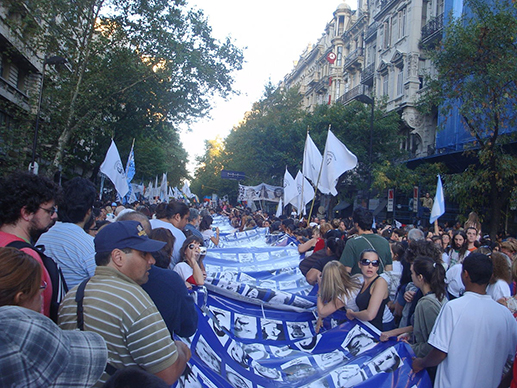This is how it is described, the paper that one of the NCHR Ist year masters students: Mateo Corrales Hoyos has published recently in Global Politics Review. Its full title: Addressing the Crimes of Torture and EnforcedDisappearances in Latin America: Achievements and Challenges from a Human Rights Perspective.
Global Politics Review (GPR) is a peer-reviewed Open Access journal of International Studies published by the Association for Research, Innovation and Social Science (Associazione per la Ricerca, Innovazione e Scienze Sociali, ARISS), based in Turin, Italy.
Based upon a student essay
The paper was based upon his Human Rights Law in Context essay last semester, and notes that Latin American states suffered from widespread crimes of torture and enforced disappearances during the second half of the twentieth century.
In the 1980s, the region has transitioned from ignoring international legal obligations, including human rights, to abiding by them. The paper displays empirical evidence on how different international and regional systems have aided domestic efforts to address crimes of torture and enforced disappearances.
Pressure alone can be insufficient
The main finding of this research is that the existing human rights system cannot sufficiently address gross violations of torture and enforced disappearances if it is left to either international or domestic forms of pressure. Instead, a complex interaction of treaties, case law, laws and state pressure at the international, regional and domestic levels are all necessary conditions to shift state behavior with respect to human rights.
The author, Mateo Corrales Hoyos is a Colombian Master’s candidate in Theory and Practice of Human Rights at the NCHR. He holds a master in Global Affairs and Policy from Yonsei University, South Korea. His current research interests are in human rights, peace processes in Latin America, international terrorism and transitional justice.
